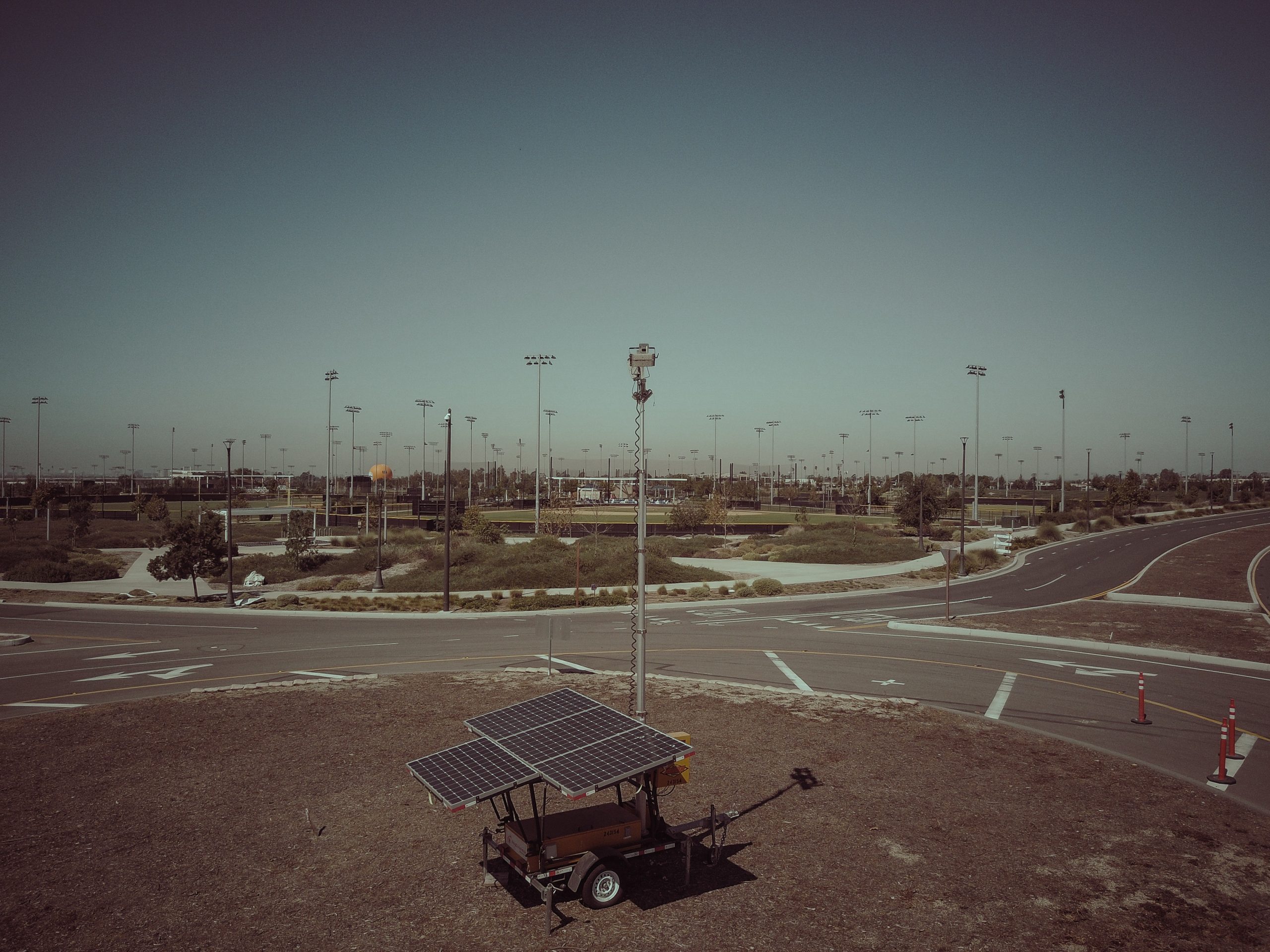Solar panels are increasingly becoming a popular and viable option for urban dwellers seeking to adopt sustainable, green energy solutions. This is largely due to the heightened awareness about climate change, rising energy costs, and government incentives favouring renewable energy. However, integrating solar power into urban life presents its own set of challenges. This article explores the obstacles and potential solutions to implementing solar panels in urban living.
Obstacles to urban solar energy adoption
One of the key challenges to urban solar adoption is the constraints of built environments. Many city dwellers live in apartment buildings or terraced houses with limited roof space. Moreover, the roof design or direction may not be ideal for solar panel installation. In addition, planning restrictions in heritage areas can limit the installation of solar panels.
Another obstacle is the initial cost of installing solar panels. Despite the long-term savings, the upfront cost can be prohibitive for many urban residents.
Overcoming the obstacles
Innovative solutions are being developed and implemented to overcome these challenges. Companies like UK Energi, in ukenergi.co.uk/services/solar/, offer flexible solar solutions tailored to urban residents’ unique needs. For instance, shared solar programs are emerging where residents jointly invest in and benefit from a single solar installation, thus addressing the issue of limited roof space.
Financial assistance and incentives can also alleviate the cost burden. Government schemes, such as the Smart Export Guarantee (SEG), encourage the uptake of solar power by guaranteeing payment for surplus energy exported back to the grid.
The future of solar energy in urban living
Technology advancements in solar panel design and battery storage are set to play a significant role in the future of urban solar energy. Smaller, more efficient solar panels and effective battery storage systems will make it easier for urban residents to generate and store their energy, reducing reliance on the grid.
Moreover, integrating solar power into smart home systems can optimise energy usage, making solar power an even more attractive proposition for urban residents.
The role of urban communities in solar adoption
Communities are pivotal in championing the solar energy movement in urban settings. Collective efforts, such as community solar gardens or solar co-operatives, have shown that when residents band together, they can effectively overcome space and financial limitations. These community-based initiatives allow residents who cannot install solar panels on their properties to benefit from solar energy by investing in shared solar projects. This democratises access to green energy and fosters a sense of community involvement and ownership in sustainable practices. By leveraging communal resources and advocacy, urban residents can push for more accessible solar options, ensuring that the benefits of solar energy are within reach for all.
While there are challenges to integrating solar panels into urban living, the combination of technological advancements, innovative solutions, and government incentives makes the future of urban solar power promising. Overcoming these obstacles moves us closer to a sustainable future and contributes to reducing energy costs for urban residents. As companies like UK Energi continue to innovate and offer tailored solar solutions, the prospect of widespread solar energy use in urban areas becomes increasingly achievable.

